Lettrines
- 262pages
- 10 heures de lecture
Julien Gracq, dont les œuvres littéraires étaient empreintes de surréalisme, fut un écrivain français dont la prose transportait les lecteurs dans des paysages oniriques. Son écriture, englobant romans, critiques et poésie, témoigne d'un profond engagement envers le mouvement surréaliste, notamment par son influence sur son ampleur imaginative et ses choix stylistiques. La voix distinctive de Gracq réside dans sa capacité à créer des récits immersifs qui explorent les frontières de la réalité et de la perception. Ses contributions littéraires offrent une perspective unique sur le pouvoir du subconscient et l'exploration artistique de l'esprit.

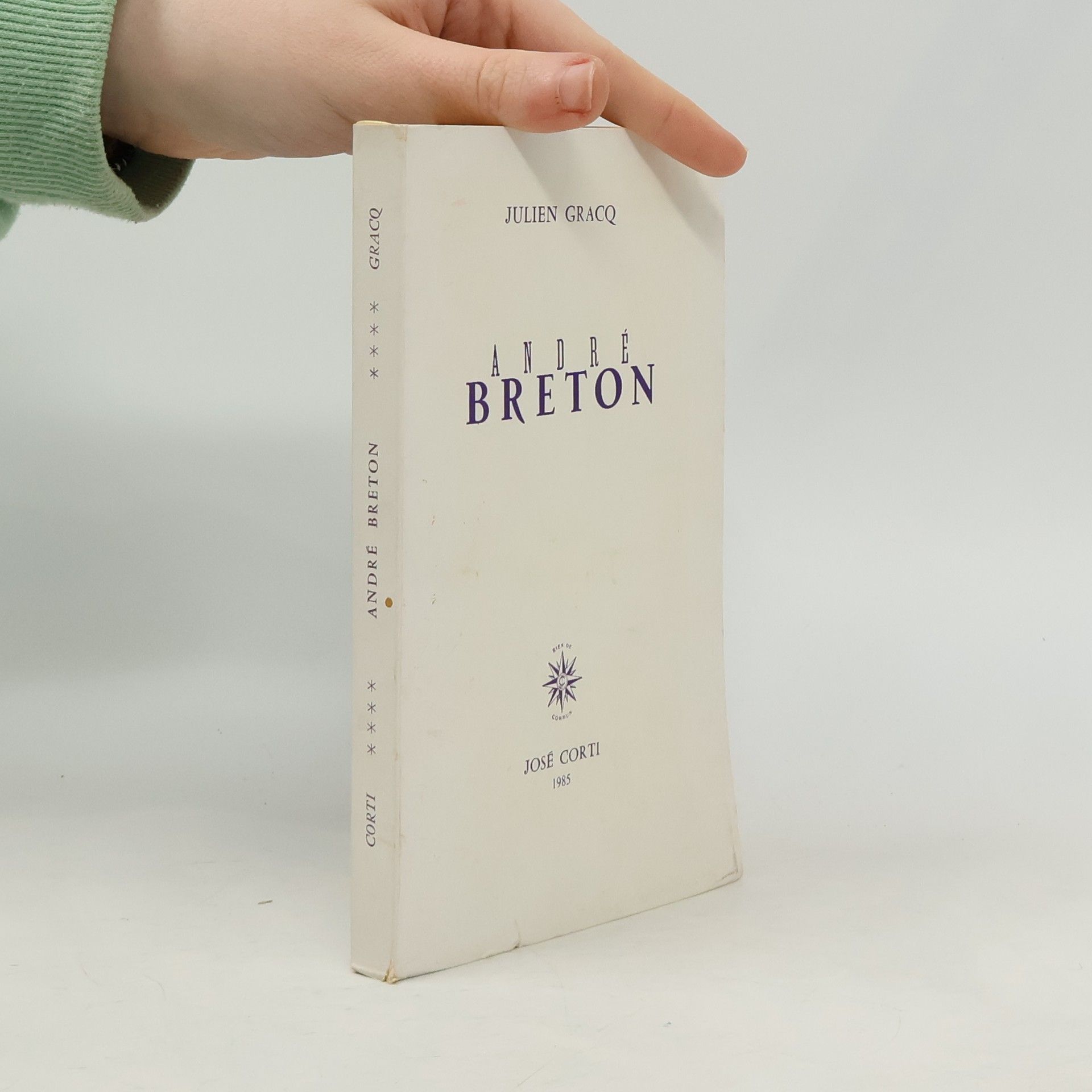
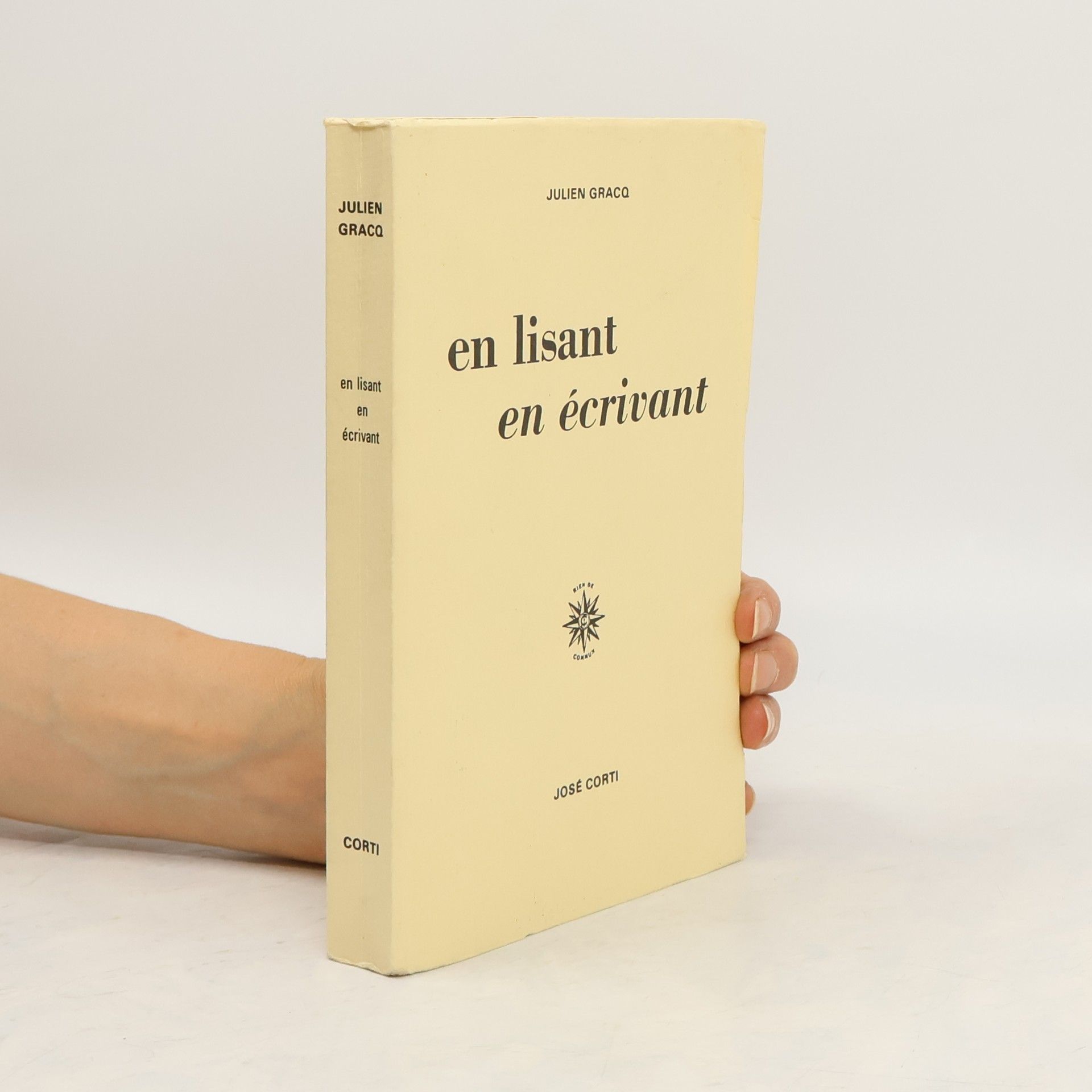
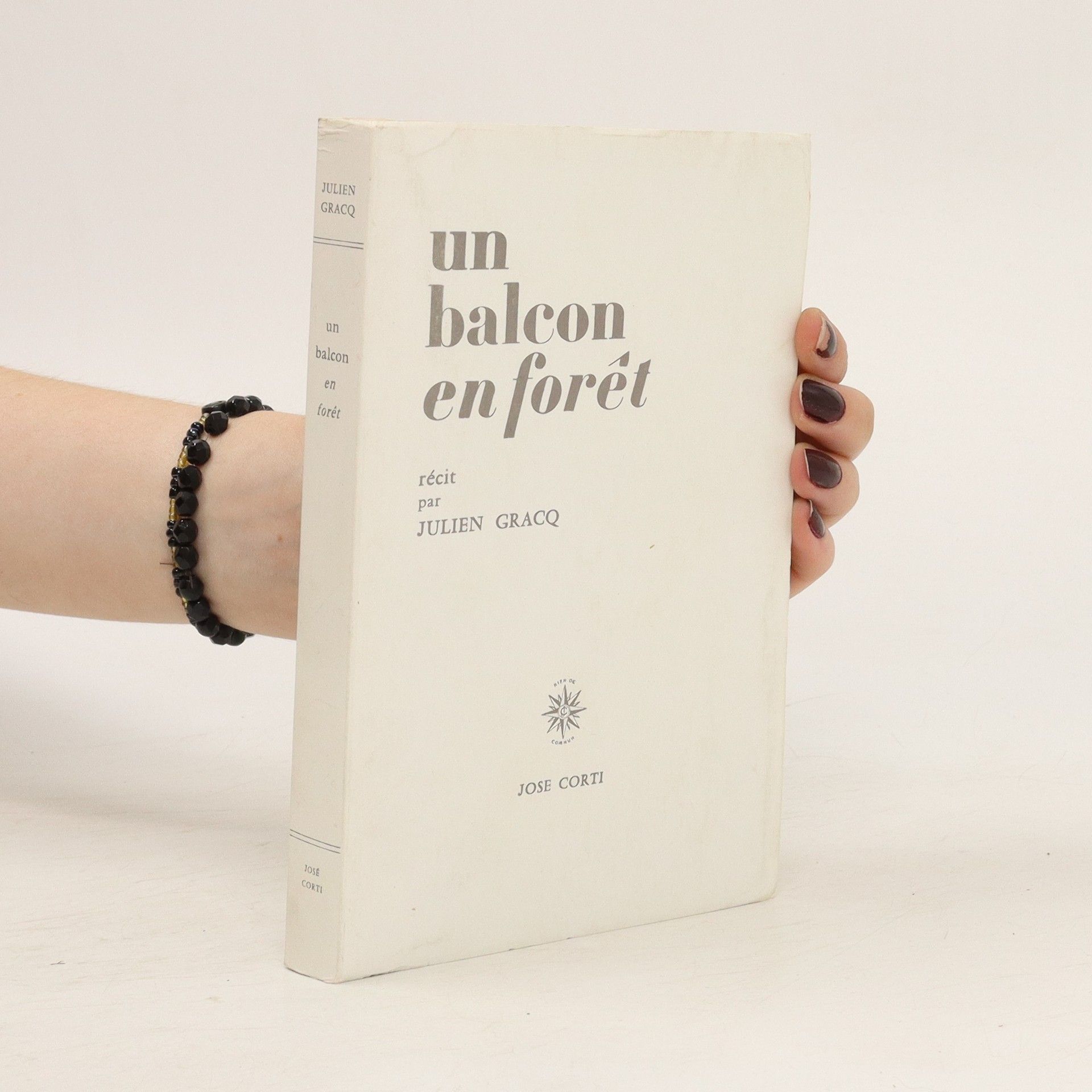
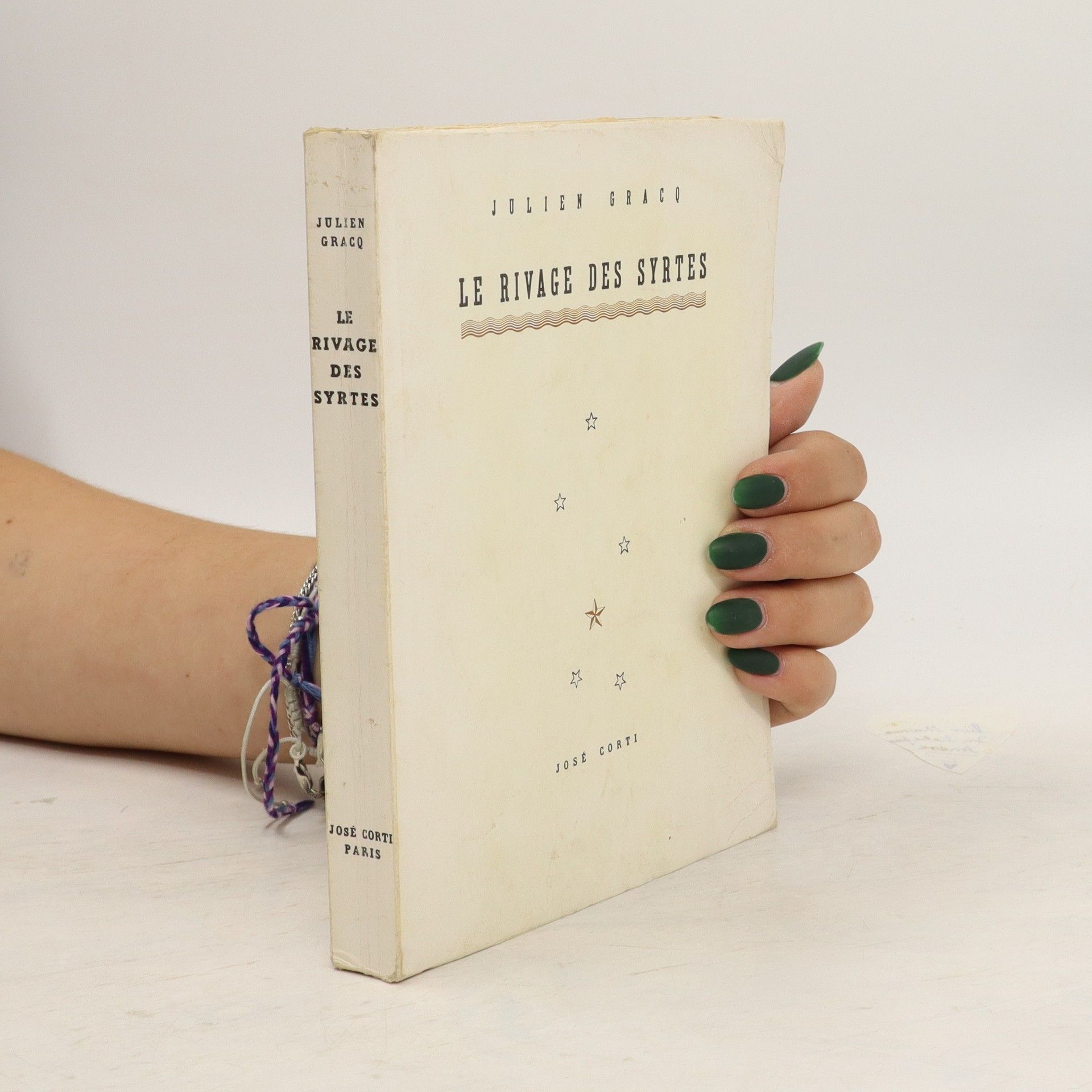
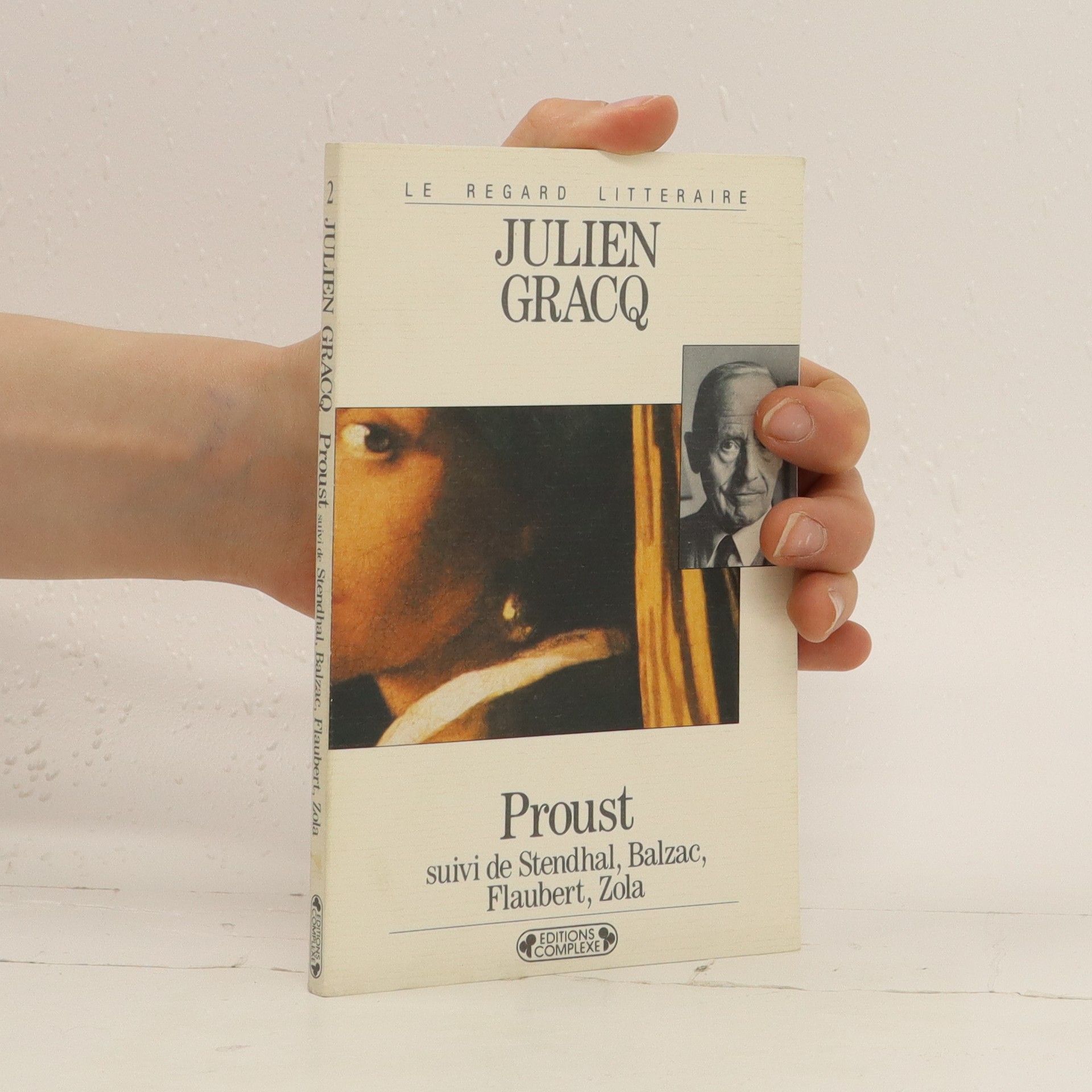

Balayant d'un regard à la fois complice et exigeant plus d'un siècle de littérature romanesque, Julien Gracq nous introduit à la respiration littéraire même et nous donne le désir de lire ou de relire autrement ces écrivains que nous croyions familiers.
À la suite d'un chagrin d'amour, Aldo se fait affecter par le gouvernement de la principauté d'Orsenna dans une forteresse sur le front des Syrtes. Il est là pour observer l'ennemi de toujours, replié sur le rivage d'en face, le Farghestan. Aldo rêve de franchir la frontière, y parvient, aidé par une patricienne, Vanessa Aldobrandi dont la famille est liée au pays ennemi. Cette aide inattendue provoquera les hostilités... Dans ce paysage de torpeur, fin d'un monde où des ennemis imaginaires se massacrent, le temps et le lieu de l'histoire restent délibérément incertains dans un récit à la première personne qui semble se situer après la chute d'Orsenna. Julien Gracq entraîne son lecteur dans un univers intemporel qui réinvente l'Histoire et donne lieu à une écriture qui s'impose avec majesté, s'enflamme au contact de l'imagination. Pour Le Rivage des Syrtes Julien Gracq obtint en 1951 le prix Goncourt, qu'il refusa. --Nathalie Jungerman
1939, ce sont les premiers mois de ce que l’on appellera la drôle de guerre. Période de suspens, d’attente particulièrement dans les Ardennes où l’aspirant Grange a pour mission d’arrêter les blindés allemands si une attaque se produisait. A la fois île déserte et avant-poste sur le front de la Meuse où montent des signes inquiétants.
Entretiens avec Jean-Louis de Rambures, Jean-Louis Tissier, Jean Roudaut, Jean Carrière, Jean-Paul Dekiss, Bernhild Boie. In-12, broché, 314 pp. Petit frottement au mors supérieur, sinon très bon état.
A previously untranslated gem of Surrealist prose poetry from the acclaimed French novelist In 1941, Julien Gracq, newly released from a German prisoner-of-war camp, wrote a series of prose poems that would come to represent the only properly Surrealist writings in his oeuvre. Surrealism provided Gracq with a means of counteracting his disturbing wartime experiences; his newfound freedom inspired a new freedom of personal expression, and he gave the collection an appropriate title, Great Liberty: "In the occult dictionary of Surrealism, the true name of poetry is liberation." Gracq the poet rather than the novelist is at work here: Surrealist fireworks lace through bewitching modernist romance, fantasy, black humor and deadpan absurdism. A later, postwar section entitled "The Habitable Earth" presents Gracq as visionary traveler exploring Andes and Flanders and returning to the narrative impulse of his better-known fiction. Julien Gracq(1910-2007), born Louis Poirier, is known for such dreamlike novels as The Castle of Argol, A Dark Stranger, The Opposing Shoreand Balcony in the Forest. He was close to the Surrealist movement, and André Breton in particular, to whom he devoted a critical study.